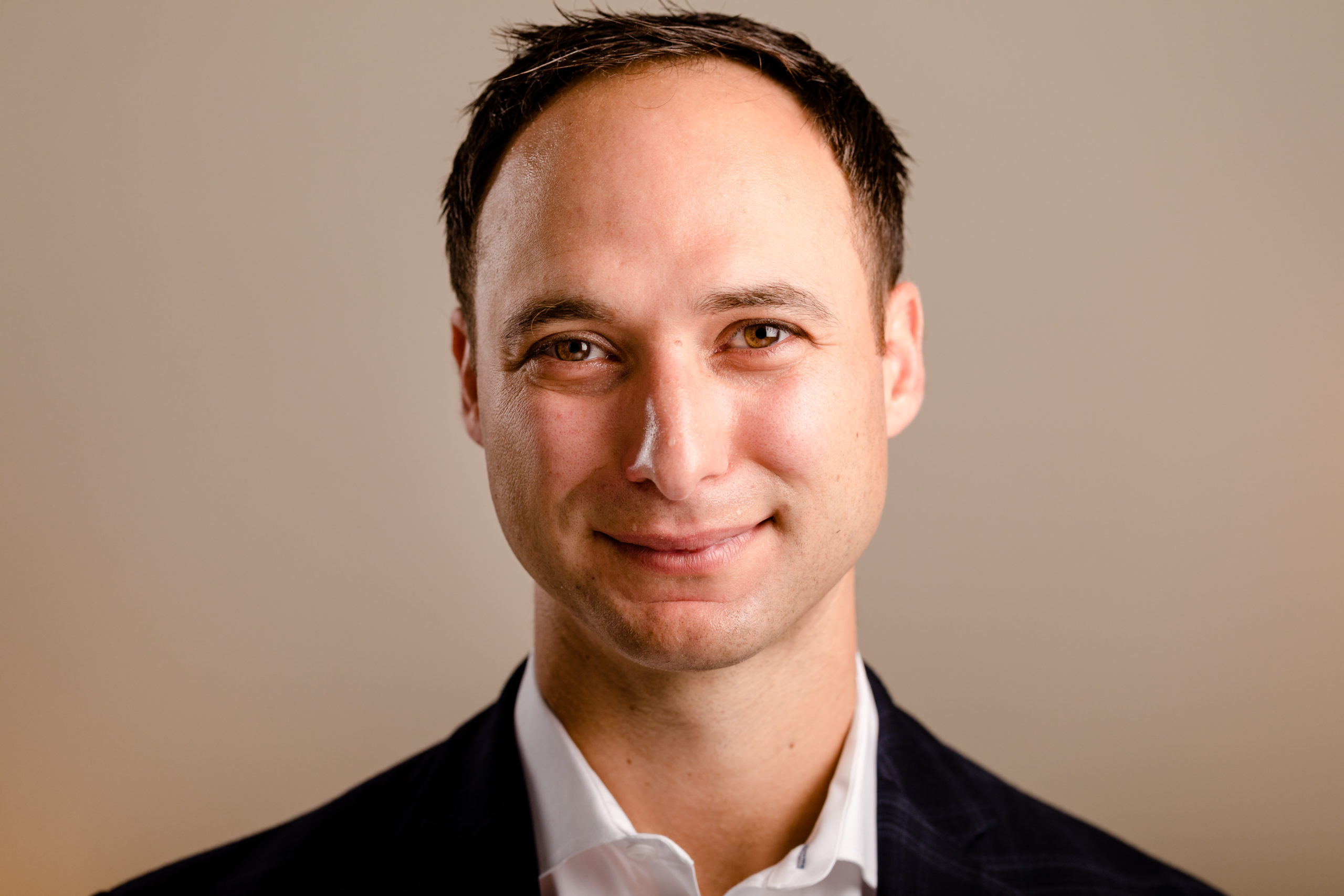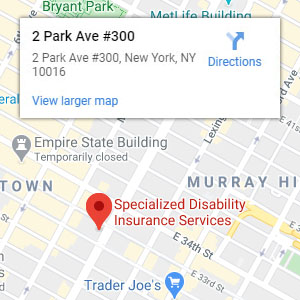One clear thing about disability insurance is that it’s complicated. Most people can see that it protects against income loss in case of illness or accidental injury, but the details are blurry. There are group plans, individual plans, government benefits. Each type is structured by a voluminous body of provisions. It includes stipulations of what’s paid, how determinations are made on what’s paid, and when, and under what circumstances, and multitudes of other increasingly fine details. Here’s a little help clarifying some of the most common points of confusion.
6 Myths About Disability Insurance
Some people make the mistake of assuming they don’t need disability insurance. Others wrongly believe they can’t get enough coverage, so there’s no point in bothering to have a disability policy at all. This information should dispel these and some other common myths about disability insurance:
Myth 1: I don’t need disability insurance protection.
When you’re in good health and are just starting your medical career, it may seem that you should be able to save enough to support yourself, even if you become disabled at some point in the future. You may assume you can rely on accrued annual sick days, longer-term sick leave, and saved vacation time. Or, you may expect your spouse’s income to be enough. Some people believe Worker’s Comp or Social Security will pay enough to sustain them through an extended period of disability, but those pay only a small fraction of the lost income of a physician. And, of course, Worker’s Comp pays only if you are injured at work.
If you could suddenly work only part-time or not at all and began losing, for example, $250k - $300k of your annual income, how would you replace that much income, without physician’s disability benefits?
Myth 2: My health and safety risk is very low.
It may seem that the typical causes of long-term disability are limited to car accidents, injuries from extreme sports, or maybe drug abuse. However, the Centers for Disease Control (CDC) reports that the vast majority of disability claims are due to illness, not accidental injuries.
You may reason that since you maintain a healthy diet, exercise, and focus on your health, you can avoid a significant risk of long-term illness. But, as a doctor, you know that so many serious illnesses develop over time, and the disability statistics are staggering. According to the Social Security Administration (SSA), over 1 in 4 people in the U.S. who are currently age 20 will become disabled before they reach retirement age.
Myth 3: It’s too expensive to pay for disability insurance right now.
At your current age, your disability premiums rates are the lowest they will be for you in your lifetime. Rates for disability insurance premiums are determined by age and health status at the time the policy is purchased. Your rate is locked in at that point and normally does not increase at any later time. Policyholders have a guaranteed option to increase coverage in the future, without a medical examination. So, you can start with a minimal amount of insurance for a very small percent of your annual income, and add more coverage later.
Insurance carriers also make buying disability insurance as cheap as possible for medical school grads, by offering discounts for new doctors. You can save a large number of your total premium costs over your medical career and protect yourself from the potentially devastating loss of income and enjoy knowing you have guaranteed income security.
Myth 4: Men need disability insurance more than women do.
Even in 2021, some people still assume that men become disabled at higher rates than women do. However, women ages 35-59 filed more claims for disability benefits with the SSSA than men did in 2016, and more women than men in age group 40-59 claimed benefits in 2019. Further, women’s periods of disability are often longer than men’s. Due to auto-immune disorders, breast cancer, depression (at higher rates than men experience), and other factors, women are viewed as higher disability claims risks. As a result, women pay as much as 40 percent more in disability premiums than men.
Myth 5: I will still be able to earn enough, even if I’m disabled.
There are many types of illnesses and injuries that can impact your ability to keep working in your chosen area of medical practice, or to work full-time, or to perform all your usual responsibilities. Some types of disability may not stop all your income, but can significantly decrease it.
Without a physician’s disability policy that features an “own occupation” provision that insures you if you cannot work in your current area of medicine, the financial consequences can be severe. You can be forced either to work in some other occupation or lose your regular income. A policy rider may be available that covers you if you can partially do your job in your current specialty.
Myth 6: I’m disqualified by pre-existing condition or high-risk activity.
Some people who have chronic illnesses or engage in high-risk activities, like skydiving or mountain climbing, may assume they cannot qualify for disability insurance. But, your health condition or sports activities do not prevent you from receiving disability coverage. Before approving a policy, insurance underwriters will evaluate your general risk of becoming disabled. They may determine that you must pay an increased premium rate, due to your higher risk level, and they may limit certain benefits or make exclusions of coverage for claims related to the preexisting condition or your hazardous activities.
Understanding Your Best Disability Insurance Options
It’s easy enough to see why disability insurance is such a widely misunderstood financial product. One insurance industry association (LIMRA) study found that only a few percent of people who responded to their survey displayed significant knowledge of the basics of disability insurance. So, unsurprisingly, some people still ask, “Is disability insurance worth it?”
Disability insurance protects your income in the event that you cannot work. This means that getting disability coverage is the most important decision you will make in your adult life, if you find yourself one day with a disability that prevents you from continuing to earn a physician’s income.
Hopefully dispelling the above myths about the practical importance of disability insurance and the realistic terms for receiving coverage, can help new physicians make fully informed financial decisions about maintaining income security throughout your career.
Specialized Disability Insurance Services, New York NY
We help doctors and other professionals obtain the best disability insurance coverage at the best possible price. Disability insurance specialists, we are experts in the complexities of disability coverages, whereas general insurance brokers typically know little about disability policies.
Obtaining guidance on options from an independent disability insurance broker means you receive all alternatives. We research, evaluate, and provide you with the best possible plan options for your needs, from the best disability insurance companies. We do not try to sell you one company’s policy whether it’s good for you or not.
Call Specialized Disability Insurance Services, New York, NY at (646) 757-9043, or use our online contact option, and let our disability experts find your best disability coverage options for you.


